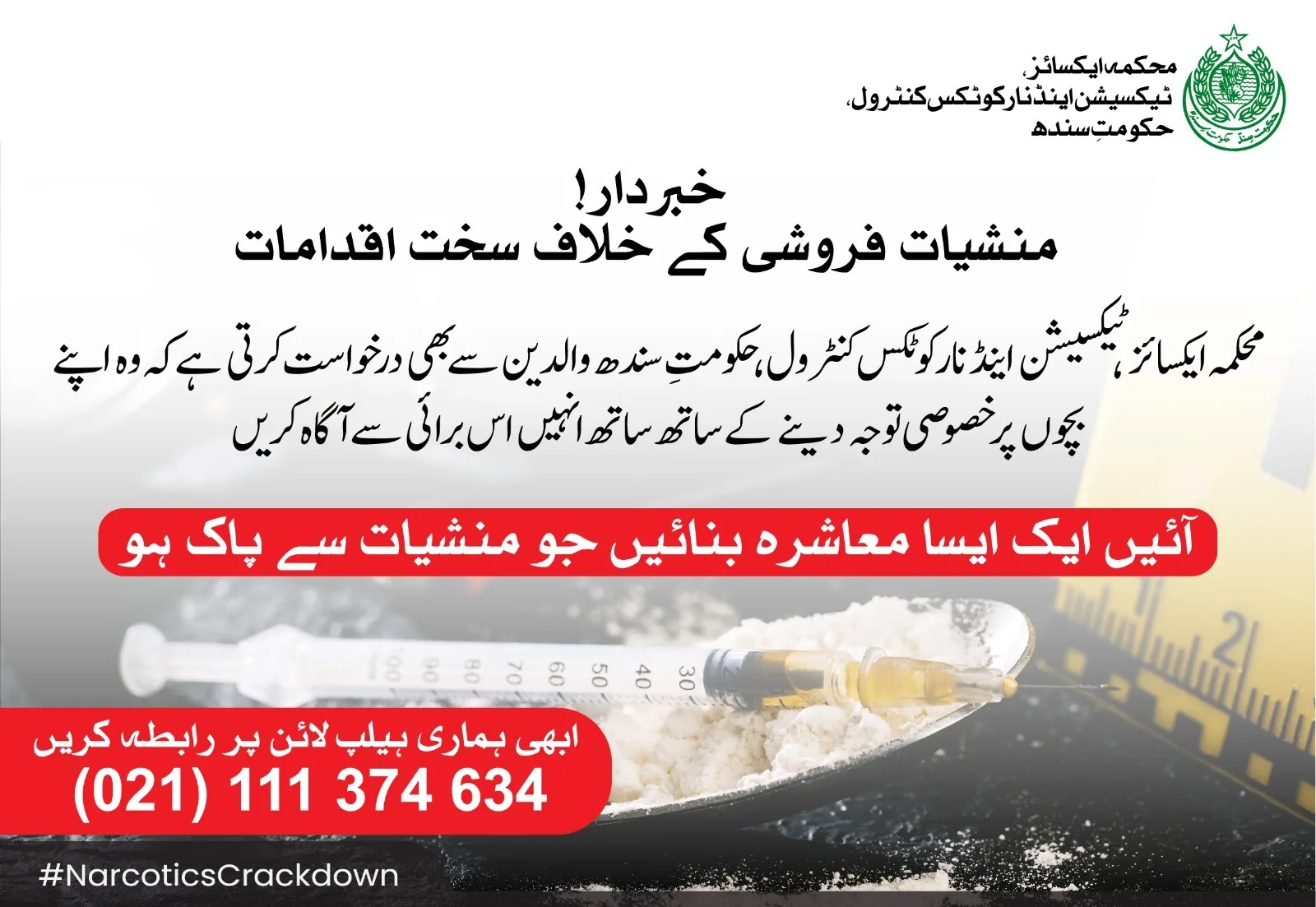Pakistan and Qatar Commit to Create Agriculture Research Institute

Image Credits: Associated Press of Pakistan
Islamabad, Sept. 02 (Online Int’l): Pakistan and Qatar can create a research institute on agriculture, with one branch in Doha and other in Islamabad.
This was proposed by Federal Minister for National Food Security and Research (NFSR), Syed Fakhar Imam on Thursday while meeting Qatar’s Ambassador, Sheikh Saoud bin Abdulrahman.
He also proposed for an MoU between the two countries on agriculture. Syed Fakhar Imam was of the point of view that Pakistan exports rice, cotton, fish, fruits (especially Oranges and Mangoes), and vegetables and imports vegetable oil, wheat, pulses and consumer foods.
Major exports of animal origin from Pakistan to Qatar in last two years (2017-19) were Eggs, Honey, Biscuits ,Rusk, Chilled/Frozen Meat, (Beef & Chicken). Pakistan mainly exports rice, mango, citrus, potato, dry green grass, nursery plants, rice husks, Rhodes, soybean meal and other agricultural goods.
Qatar imports all Pakistani agricultural goods on model phyto-sanitary certificate. Qatar is a big market of agricultural products because of its imports all agricultural products from other countries. Despite being an agriculture country with huge surplus production of rice, mango, citrus, potato, onion, guava, cherry, apricot, apple, etc. Pakistan is exporting disease free meat and meat products to Qatar since long. Additionally, following measures have been taken in recent past to ensure safe export of meat to our trading partners.
Halal meat and meat products are being exported to Qatar from the registered slaughter houses of Pakistan duly endorsed by the Veterinary Authority of Qatar. Animal Quarantine Department issued health certificates to only those exporters who ensured that animals meant for slaughtering at registered slaughter houses have been originated from FMD free herds and farms. Stringent vaccination strategy for control of FMD has been followed since last decade which proved fruitful in lowering the FMD incidence over the years.
FMD surveillance is in place across the country to early detect the outbreaks and to respond accordingly to further prevent its spread. FMD free zones are being established with the technical assistance of Chinese Government to ensure safe trade in near future. Qatari side may be emphasized that meat and meat products exported and to be exported to Qatar are safe and free of FMD virus.
Qatar’s population has largely clung to its coastline. Only 3% of the land is cultivable and another 5% suitable for herding and grazing. Farming currently plays only a minor role in the economy. Date palms were the most abundant permanent crop. Root vegetables such as carrots, potatoes, onions and fodder beets are also some of the most important crops produced by Qatari farms. Government, owns all agricultural land, has attempted to encourage agricultural production, accounting for only 1 percent of GDP.
Given the scarcity of fresh surface water, however, most agricultural activity is dependent on wells. The government has also attempted to increase the number of small farms. Most farmers are absentee landlords, and the land is mostly cultivated by foreign workers. Qatar’s agricultural products are consumed locally, providing 70 percent and 40 percent of the consumption of summer and winter vegetables, respectively. In addition to vegetables,
Qatar produces cereals, fruits and dates, eggs, poultry, and dairy products. Despite a noticeable increase in agricultural production in the course of the past 20 years, however, Qatar continues to rely on food imports, especially foodstuffs and live animals, which account for roughly 10 percent of total imports. The country is Asia’s largest camel market, second-largest apricot and ghee market and third-largest cotton, onion and milk market.
Stay tuned to Baaghi TV for latest news and updates!
PM Directs Implementation of SC Verdict on Releasing Under-Trial Women Prisoners











